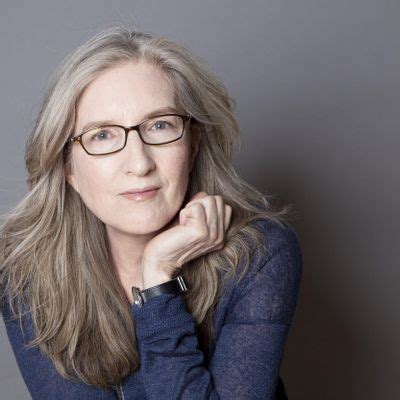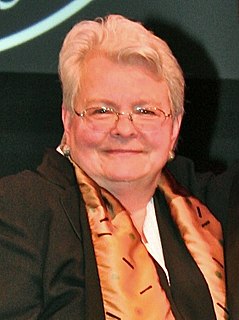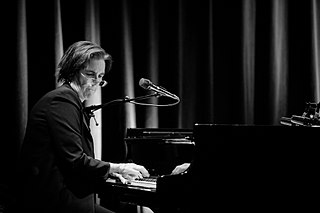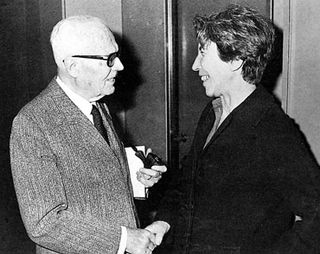A Quote by Luanne Rice
What it takes is to actually write: not to think about it, not to imagine it, not to talk about it, but to actually want to sit down and write. I'm lucky I learned that habit a really long time ago. I credit my mother with that. She was an English teacher, but she was a writer.
Related Quotes
My writing isn't actually guided by issues. I know it seems that way, but I don't sit down and think, Oh, there's this issue I'm bothered about. I only write about things that directly impact my life. When I write, there's a pain that I have to reach, and a release I have to work toward for myself. So it's really a question of the particular emotional circumstance that I want to express, a character that appears, a moment in time, and then I write the play backwards.
My mother lived her life through movies and books - she read everything there was to read. And she read to me every night. I never went to sleep without her reading to me. And she fantasized about the book and she would talk about it, the place, and you would think that after she read the book and after she told you stories about it, that she had actually been there. I learned about story from her, and I learned the value of a great story, and the value of great characters.
As soon as I sat down to write music, really, with Café Blue. I just can't think about that when I sit down to write. I don't let myself. I actually don't allow myself to look at sales figures. Ever. I get the general impression that I'm not selling like Norah Jones, but I don't really pay too much attention, because I think it would corrupt me.
(Talks about Lucky You) "The song was about a girl who didn't fit in and she didn't care and she was different than everyone else. I think there's a long chorus of me singing "Do do do do do do do do do do". It's very young and I look back and it's kind of interesting to hear those kind of storylines and the lyrics that I used to write compared to the lyrics that I write now.
My mother hid the struggle from us children. She complained about her salary, and she had a tough time. Although she became a headmistress, she still had to do a lot of sewing. The more I think about her, the more remarkable I realise she was. And she understood straight away when I said that I wanted to write.
My vocation is to write and I have known this for a long time. I hope I won't be misunderstood; I know nothing about the value of the things I am able to write. I know that writing is my vocation. When I sit down to write I feel extraordinarily at ease, and I move in an element which, it seems to me, I know extraordinarily well; I use tools that are familiar to me and they fit snugly in my hands. But when I write stories I am like someone who is in her own country, walking along streets that she has known since she was a child, between walls and trees that are hers.
My mother is a huge fan of my work. I told her about 'Coraline' long before the film was made, and she got the book and read it. She reminded me that when I was about five years old, I used to sit in the kitchen for hours and talk about my 'other' family in Africa, my other mother and father. I had totally forgotten that.
My father was English. He date-raped my mother so she's hated English men ever since. You know my boyfriend's English, and I'm, uh, I'm half-English, which she's never been real happy about. If she finds out I'm dating someone English, she'll ah, think I' turning my back on her and becoming a foreigner.' Cathy, that's the stupidest reason I've ever heard.







































